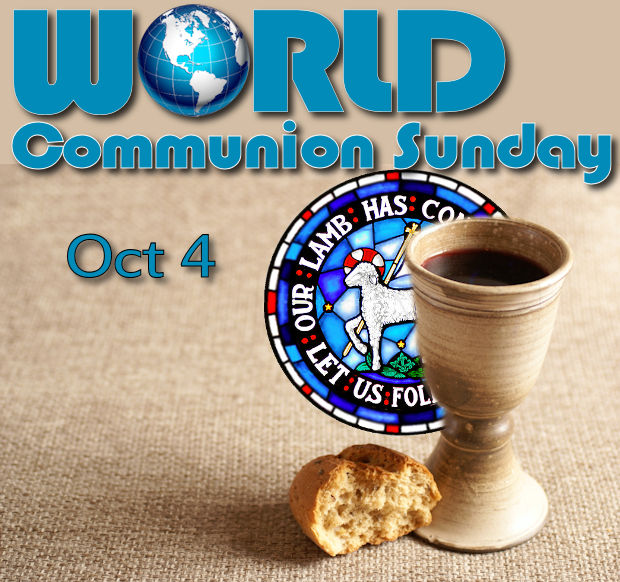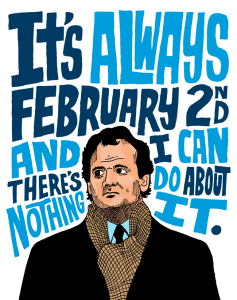The unity of Christ’s Church – that is the essential interrelatedness of all who confess Christ as Lord – is an inescapable reality brought about by God through the Head of that Church, Jesus Christ. Paul, in his letter to Christians in Ephesus, takes it for granted that Christ’s prayer for Christian unity (John 17:20-21) has been answered when he writes: “There is one body and one Spirit, just as you were called to the one hope of your calling, one Lord, one faith, one baptism, one God and Father of all, who is above all and through all and in all.” (Ephesians 4:4-6) It is that unity which followers of Jesus celebrate on World Communion Sunday, the first weekend in October each year.

Yet it is apparent to even the most casual observer that Christians are not of one mind and practice. The body of Christ is divided on the interpretation of Scripture, on styles of worship, on the essentials of faithful discipleship, social justice, and involvement in politics – to name but a few issues. How then can we profess that we are “all one?” (John 17: 21)
Christian unity is an existential unity, not one based on consent. It does not rest on human opinion; it rests on the work of God’s redemptive work in Christ. Those who are among the redeemed are by definition in relationship with all others whom Christ has redeemed. We are in relationship with other Christians in somewhat the same way our heart is in relationship with our hands, eyes, feet and other organs. Organs cannot simultaneously function autonomously and remain part of an integrated body. Neither do all organs look the same or function in the same manner. Integrated, interdependent diversity is what being an organism is all about!
This scriptural and traditional view of the church as an organic body differs radically from a secularly influenced perspective which holds that the church is merely a collection of autonomous individuals gathered together for a common purpose. From the latter perspective the fact that Christians are “not all on the same page” when it comes to matters of faith and life makes celebrating Christian unity on World Communion Sunday difficult. If you are struggling with this issue, I would encourage you to attempt viewing things from a different perspective. See the church through the eyes of Christ. Trust in the leadership of Christ and join with him in the prayer that we might be one. Pray for the wisdom for the church to see that difference need not imply disunity.

 In the 1993 fantasy comedy Groundhog Day, actor Bill Murray plays the role of a judgmental, egotistical weatherman named Phil Connors. While covering groundhog Punxsutawney Phil’s annual weather prediction, Murray’s character finds himself trapped in a time loop in which he forever relives the second day of February. Only when Connors re-examines his priorities and motivation is he freed from an endless cycle of repetition. Compassionate consideration of others is key to Connors’ redemption and release.
In the 1993 fantasy comedy Groundhog Day, actor Bill Murray plays the role of a judgmental, egotistical weatherman named Phil Connors. While covering groundhog Punxsutawney Phil’s annual weather prediction, Murray’s character finds himself trapped in a time loop in which he forever relives the second day of February. Only when Connors re-examines his priorities and motivation is he freed from an endless cycle of repetition. Compassionate consideration of others is key to Connors’ redemption and release.